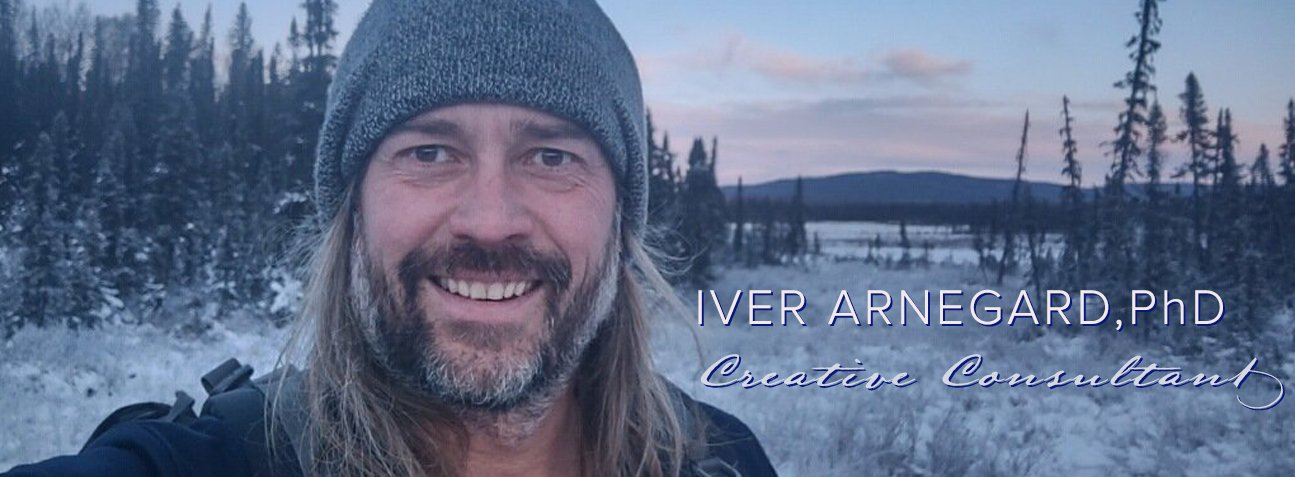Mornings Without You
Even after you leave the room I keep reading aloud. As if you’re still here, listening. You’re not. I know that. But until I look up from the pages I can at least pretend.
This was the case the last time I saw my parents—just a week ago—at my cousin’s wedding at the Costanoa Lodge on the California Coast. May of ‘25. I’d made the trip from Alaska because it was easier and cheaper than traveling to North Dakota. Which is also why I was sleeping on the floor of their motel room.
My dad had just finished a book he was excited about. Mornings Without Mii (pronounced Me) by Mayumi Inaba. The wedding and reception were over. It was the last morning of their trip, my trip, and our time together. After telling us all about Inaba’s work my dad asked if I’d read some aloud for them, even though he’d just finished it himself. We had a few hours before my sister would be by to drive them to the airport, so I flipped to the opening chapter: “Our First Place.”
It turned out to be an easy book to read. Full of imagery and description yet simple and accessible. Elegant and poetic. Sometimes even hilarious and I’d pause in those moments so we could share a laugh. Words and language were powerful. My parents taught me that. Once anything left your lips it could never be un-said. Likewise, the beautiful words and endearments could also live on forever. Or at least as long as it mattered.
It occurred to me that morning in the Costanoa Lodge that moments like these were all that matter. Not the bickering. The hurt. The pointless differences. I realized that if that morning could’ve lasted forever—if the book had no end—it would’ve been just fine with me.
I gave thanks to be creating our latest memory in this way. Before old age, or God-knows-what, could make subsequent moments no more than a dream we’re always waking from only to immediately forget. Distant. Fleeting. A peripheral vision dissolving to nothing when you try looking directly at it. Before memory, like sand, is constantly re-shaped by the wind. Or completely washed away with each passing wave. Before death erases the wind, sand, and waves altogether.
I’ve built my life around language and words and their awesome potency. I understand their power and permanence. Once spoken they live on in memory, in the ether, in the countless light years that span the cosmos. Writing always connected my parents and me. Mom would read Where the Wild Things Are as I fell asleep—no doubt shaping who I came to be. And, later, Old Man and The Sea. When I close my eyes I still see those lions asleep on the beaches of Africa. The old man. Never giving up. Never.
When I was big enough to drive a tractor (twelve years old or so), after long days of working the fields, my father and I read Steinbeck together. The Grapes of Wrath was one of my first favorite books—a story that paralleled my ancestors’ nomadic lives of hard labor and resilience. After working till dusk on the farm, my father and I would open a bottle of wine and read poetry. He taught me the ancient Japanese form of Haiku. Three lines: The first, five syllables; the second, seven; and the third, once again, five. Poetry itself was so condensed and efficient. But Haiku, for me, took it to another level. To convey meaning, emotion, and ideas in only seventeen syllables. Amazing. “The grand masters would write a haiku a day,” my father once told me. “For discipline.” Once he shared with me a piece of his own:
Cavernous silence
Water-drop echoes proclaim:
Not here, she is gone.
For over twenty years I’ve written that same poem of my dad’s on chalkboards, erase boards, and computer screens in classrooms all over the country and the world. Usually at the point in the semester when I’m introducing a creative writing class to poetry. I’ll ask if anyone knows what kind of poem it is and usually one or two students do. Then we talk about what Haiku means, how many syllables, and so on. I give them time to write a few of their own.
I remember that now as I read to my parents in Costanoa. But I pocket the memory for later, when I’m alone and they’re on their way back to Dakota. For now all that matters is the three of us in this tiny room overlooking the cedars and eucalyptus. The three of us, sharing a bond that spans a life time. Maybe, in some ways, even more.
For once I am present. I’m grateful. Because I know there’ll come a time when it’s Mornings Without Them. And “Water-drop echoes proclaim: Not here, they are gone.”
For now, this book is magic. It practically reads itself. Even after my sister, Ruth, comes to say goodbye to me and take them to the airport. Even after that I sit again and go back to the page I bookmarked for my parents. As I keep reading they’re still here in this room with me. At least in my imagination. No time passing. No schedule. No airport. They’re still here laying back in bed and listening to Inaba’s story. To our story. Sentence after sentence. Chapter after chapter. Till I come to the last section—Into the Light—and finally read the last line. Then I close the book. And when I look back up, they’re gone.


